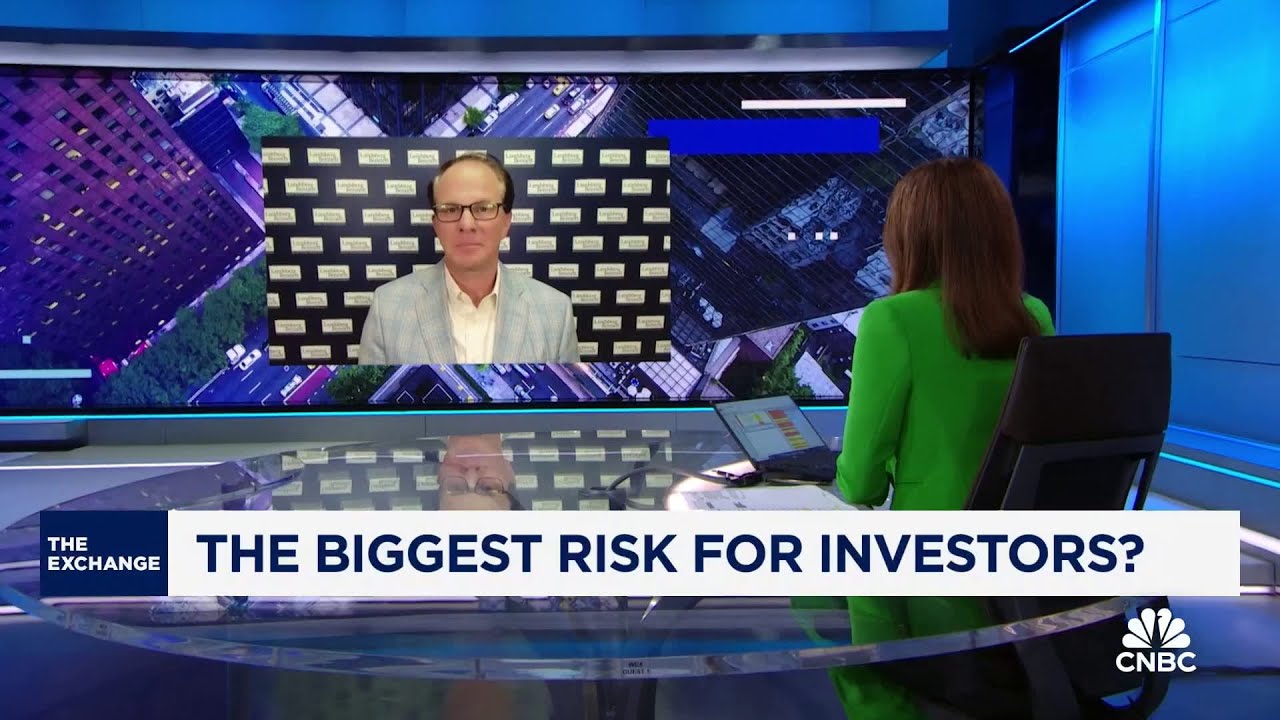Michael Landsberg reassured that the recent market adjustments in the AI sector are a natural “reset” following rapid growth, rather than a sign of the AI bubble bursting. He emphasized the importance of focusing on stock selection and earnings growth, suggesting that while some companies may struggle, the long-term outlook for AI remains positive.
In a recent discussion, Michael Landsberg addressed concerns about the potential “popping” of the AI bubble, especially in light of a 2% sell-off in the NASDAQ. He emphasized that the current market situation is more of a “reset” rather than the end of the AI growth trend. Landsberg noted that many AI stocks had experienced significant gains over the past year, and the recent market adjustments are typical in a cycle where sectors rotate out after rapid growth. He reassured that while there might be short-term fluctuations, the long-term outlook for AI remains positive.
Landsberg explained that earnings ultimately drive stock prices, and while companies like Merck and JetBlue exemplify this principle, the same holds for AI stocks. He dismissed the notion that the AI bubble is bursting, suggesting instead that the market is experiencing a deceleration from its previous rapid growth. This normalization of prices is a natural part of market behavior, akin to fluctuations seen during the rise of the internet. He believes that while some companies may falter, many will continue to generate earnings, reinforcing the need for careful stock selection in the AI sector.
When discussing specific stocks, Landsberg expressed interest in companies such as Stryker and Arthur Gallagher. He acknowledged that major players like NVIDIA have seen significant declines, which could create buying opportunities if earnings reports exceed expectations. Landsberg indicated that he and his team had been long-term holders of NVIDIA, but they are also cautious about the current environment, where many investors may claim to be long-term holders while actually trading with short-term mindsets.
He highlighted the importance of rebalancing portfolios, noting that his team had recently trimmed their NVIDIA position to manage risk and take profits. This strategy allows them to remain disciplined and unemotional about their investments, which is crucial in a volatile market. Landsberg emphasized the necessity of separating strong performers from weaker ones, particularly as earnings season approaches, which will help clarify which companies are delivering results.
In conclusion, while the AI market is currently experiencing some turbulence, Landsberg believes this is a natural phase and not indicative of an impending collapse. He encourages investors to focus on stock selection and earnings growth as key indicators for future success. By adopting a balanced and thoughtful approach to investing, particularly in a market that is undergoing adjustments, investors can still find opportunities amidst the challenges.
